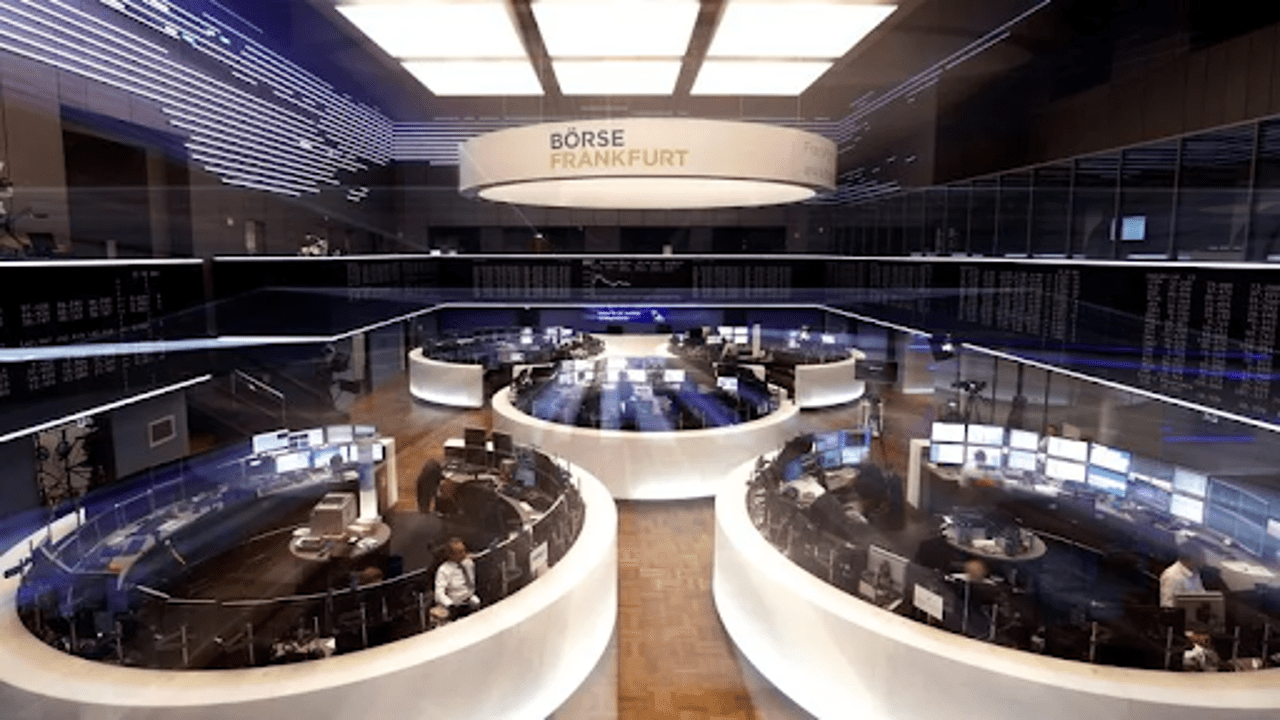
A wide-angle view of the stock exchange trading floor in Frankfurt. Reuters
This week has been tumultuous for investors, with a tech sell-off driven by escalating trade tensions between the U.S. and China, uncertainties around President Joe Biden's political future, and underwhelming outcomes from China's recent policy meeting.
The global economic outlook has become increasingly uncertain, overshadowing even interest rate speculations for now.
Looking back, the attempted attack on Republican candidate Donald Trump last weekend seemed to foreshadow more market turmoil, evident in the sharp rise of Wall Street's fear index, the VIX.
On Friday, Asian markets struggled as the tech sell-off spread across different sectors, with Europe also poised for a weaker start. Despite impressive earnings and forecasts from Taiwan's TSMC, worries persisted over potential U.S. restrictions on Chinese technology, causing the world's largest contract chipmaker's stocks to tumble.
Adding to the unease, Trump's comments suggesting Taiwan should contribute to its defense costs further rattled markets, pushing TSMC towards its worst weekly performance since May.
The cautious sentiment boosted the dollar on Friday, bouncing back from a recent four-month low amid growing expectations for a Federal Reserve interest rate cut in September. Meanwhile, the European Central Bank left the door open for similar monetary easing, while the Bank of England signaled reluctance to cut rates in August.
Later in the day, UK retail sales data is expected, with forecasts suggesting adverse weather conditions in June might have dampened consumer spending.
In China, officials acknowledged complexities in implementing economic goals outlined during a recent Communist Party meeting, hinting at challenges ahead.
Key events influencing markets on Friday include Germany's producer price index for June, UK retail sales figures, speeches from Fed policymakers Williams and Bostic, and earnings reports from American Express.















